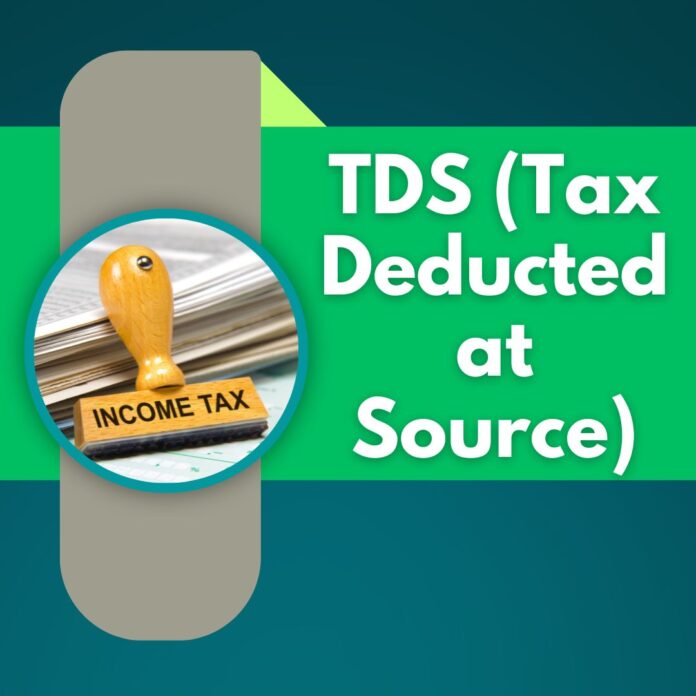The Income-Tax Bill, 2025, as introduced in the Lok Sabha, is a comprehensive legislative proposal aimed at consolidating and amending the income tax laws in India. The bill covers various aspects, including the basis of charge, computation of total income, deductions, rebates, assessment procedures, and penalties. Below is a detailed description based on the document:
Key Highlights of the Income-Tax Bill, 2025
1. Preliminary Provisions
- The bill is officially titled the Income-Tax Act, 2025.
- It extends to the whole of India and will come into force on April 1, 2026.
- It defines important terms such as “tax year,” “assessee,” “income,” and “capital asset” to provide clarity in tax administration.
2. Basis of Charge
- Charge of Income Tax: Defines how income tax will be levied on individuals, businesses, and entities.
- Scope of Total Income: Includes provisions regarding residence status, foreign income, and deemed income in India.
- Apportionment of Income Between Spouses: Special provision for individuals governed by the Portuguese Civil Code.
3. Incomes Exempt from Tax
- Certain incomes are not included in total income, such as:
- Specific exemptions for political parties and electoral trusts.
- Income from agricultural activities, as per defined conditions.
4. Computation of Total Income
The bill categorizes taxable income under five heads:
- Salaries – Includes salary income, perquisites, and deductions for employee benefits.
- Income from House Property – Defines rental income, deductions, and valuation of property income.
- Profits & Gains of Business or Profession – Covers deductions for business expenses, depreciation, bad debts, foreign exchange transactions, etc.
- Capital Gains – Defines taxation on property transfers, securities, and corporate restructuring.
- Income from Other Sources – Covers lottery winnings, dividends, interest income, etc.
5. Set-Off and Carry Forward of Losses
- Losses under various heads (business, capital gains, speculation business, etc.) can be carried forward and set off as per prescribed conditions.
- Special provisions exist for cooperative banks, startups, and restructured businesses.
6. Deductions from Total Income
- Includes deductions for:
- Contributions to Provident Fund, Agnipath Scheme, Health Insurance, and Education Loans.
- Donations to charitable institutions and scientific research.
- Businesses engaged in infrastructure, SEZs, skill development, and renewable energy.
7. Special Provisions for Certain Taxpayers
- New Tax Regime: Optional tax structure with lower rates but fewer exemptions.
- Minimum Alternate Tax (MAT) & Alternate Minimum Tax (AMT): Ensures tax liability for companies and LLPs with book profits.
- Foreign Companies & Non-Residents: Special taxation rules for royalty, dividends, and capital gains.
- Pass-Through Entities: Taxation of venture capital funds, investment funds, and REITs.
8. Tax Administration & Compliance
- Faceless Assessments: The bill continues the trend of digital, faceless tax assessments to improve transparency.
- Tax Audit & Filing: Mandates the maintenance of books of accounts, tax audits, and electronic filing.
- Advance Tax & Withholding Tax: Specifies conditions for TDS, TCS, and advance tax payments.
9. Appeals and Dispute Resolution
- Appellate Tribunal & High Court Appeals: Provides a mechanism for resolving tax disputes.
- Advance Rulings: Allows businesses to seek clarity on tax implications before transactions.
- Dispute Resolution Committee (DRC): Introduced for small taxpayers to settle disputes efficiently.
10. Penalties & Prosecution
- Under-Reporting or Misreporting Income: Attracts severe penalties.
- Failure to Maintain Books of Account: Leads to fines.
- Tax Evasion: Wilful attempt to evade tax can lead to prosecution and imprisonment.
- False Statements & Concealment of Income: Criminal penalties are outlined for fraudulent filings.
11. Refunds & Interest on Refunds
- Taxpayers can claim refunds for excess tax paid.
- Interest is payable on delayed refunds.
12. Special Provisions
- Crypto-Assets: New provisions to tax cryptocurrency transactions.
- Electronic Payment Mandate: Promotes digital payments for better tracking.
- Valuation of Assets: Fair market value concept introduced for taxation.
Conclusion
The Income-Tax Bill, 2025 aims to streamline tax laws, introduce modern compliance methods, and ensure tax transparency. It maintains a balance between taxpayer-friendly provisions (like deductions and rebates) and strict anti-evasion measures (like penalties and prosecutions).
Would you like a more detailed breakdown of any specific section?




